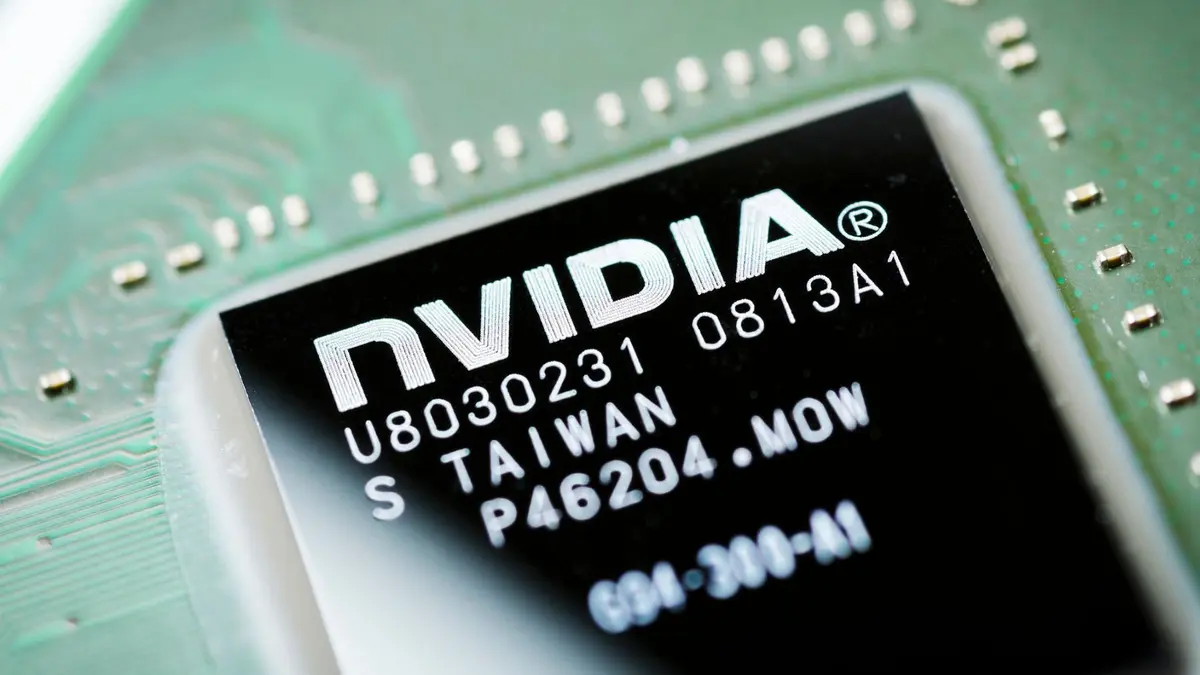Nvidia plans to release modified H20 chips for China, following U.S. export restrictions

Table of Contents
Nvidia’s situation in the Chinese market has been rocky lately, as the US government recently imposed an indefinite ban on its H20 chip sales to the country. Nvidia’s chips are in high demand across the rapidly growing AI sector, and due to these restrictions, reports estimate the company could lose a staggering US$5.5 billion this quarter.
However, Team Green doesn’t seem ready to sit back quietly. Sources now report that Nvidia plans to release a downgraded version of its H20 AI chips for China within the next two months. The U.S. chipmaker has already notified major Chinese customers, including top cloud computing providers, that it aims to launch the modified H20 chip in July.
Prime Day is finally here! Find all the biggest tech and PC deals below.
- Sapphire 11348-03-20G Pulse AMD Radeon™ RX 9070 XT Was $779 Now $739
- AMD Ryzen 7 7800X3D 8-Core, 16-Thread Desktop Processor Was $449 Now $341
- ASUS RTX™ 5060 OC Edition Graphics Card Was $379 Now $339
- LG 77-Inch Class OLED evo AI 4K C5 Series Smart TV Was $3,696 Now $2,796
- Intel® Core™ i7-14700K New Gaming Desktop Was $320.99 Now $274
- Lexar 2TB NM1090 w/HeatSink SSD PCIe Gen5x4 NVMe M.2 Was $281.97 Now $214.98
- Apple Watch Series 10 GPS + Cellular 42mm case Smartwatch Was $499.99 Now $379.99
- ASUS ROG Strix G16 (2025) 16" FHD, RTX 5060 gaming laptop Was $1,499.99 Now $1,274.99
- Apple iPad mini (A17 Pro): Apple Intelligence Was $499.99 Now $379.99
*Prices and savings subject to change. Click through to get the current prices.
Nvidia doesn't plan to lose the Chinese market
Now we don’t exactly know how downgraded these H20 chips will be compared to the original model, but speculation suggests there will be significant changes, including a substantial reduction in memory capacity and modifications to the module configuration to lower performance levels. It is also worth noting that the H20 was already a cut-down version of the H100, and was designed in an attempt to comply with US government export sanctions to China.
Nvidia has formulated new technical thresholds, which will guide the development of the modified chip designs. These specifications will result in significant downgrades from the original H20, including substantially reduced memory capacity.
Anonymous source via Reuters
All of this suggests that Nvidia clearly recognizes China's importance as a key market. According to Reuters, “China accounted for $17 billion in revenue, or 13% of Nvidia's total sales, in the fiscal year ended January 26.” And it's not just Nvidia that needs the H20 chips to keep selling, as Major Chinese AI firms like ByteDance, Alibaba, and Tencent, which rely on these chips to train their AI models, were also recently reported to have stockpiled around 1 million H20 units ahead of the U.S. export restrictions.
That said, it's also worth questioning whether these downgraded H20 chips will actually outperform Huawei's upcoming Ascend 910C chips, which already offer around 60% of the H100's performance. For now, the good news is that Nvidia isn't letting the Chinese market slip away, which gives hope that gamers might also see the RTX 5090D make a return in a similar fashion.

